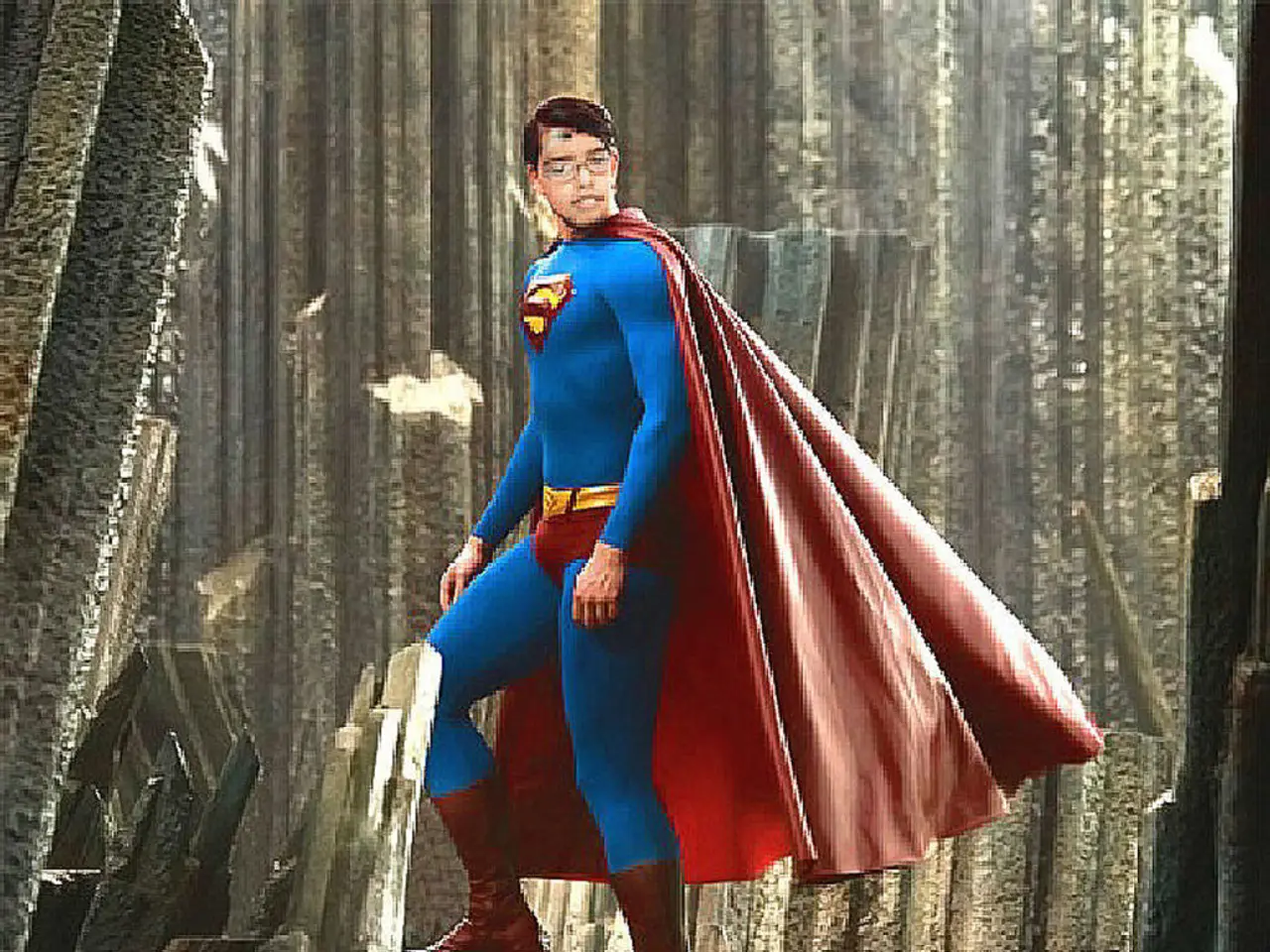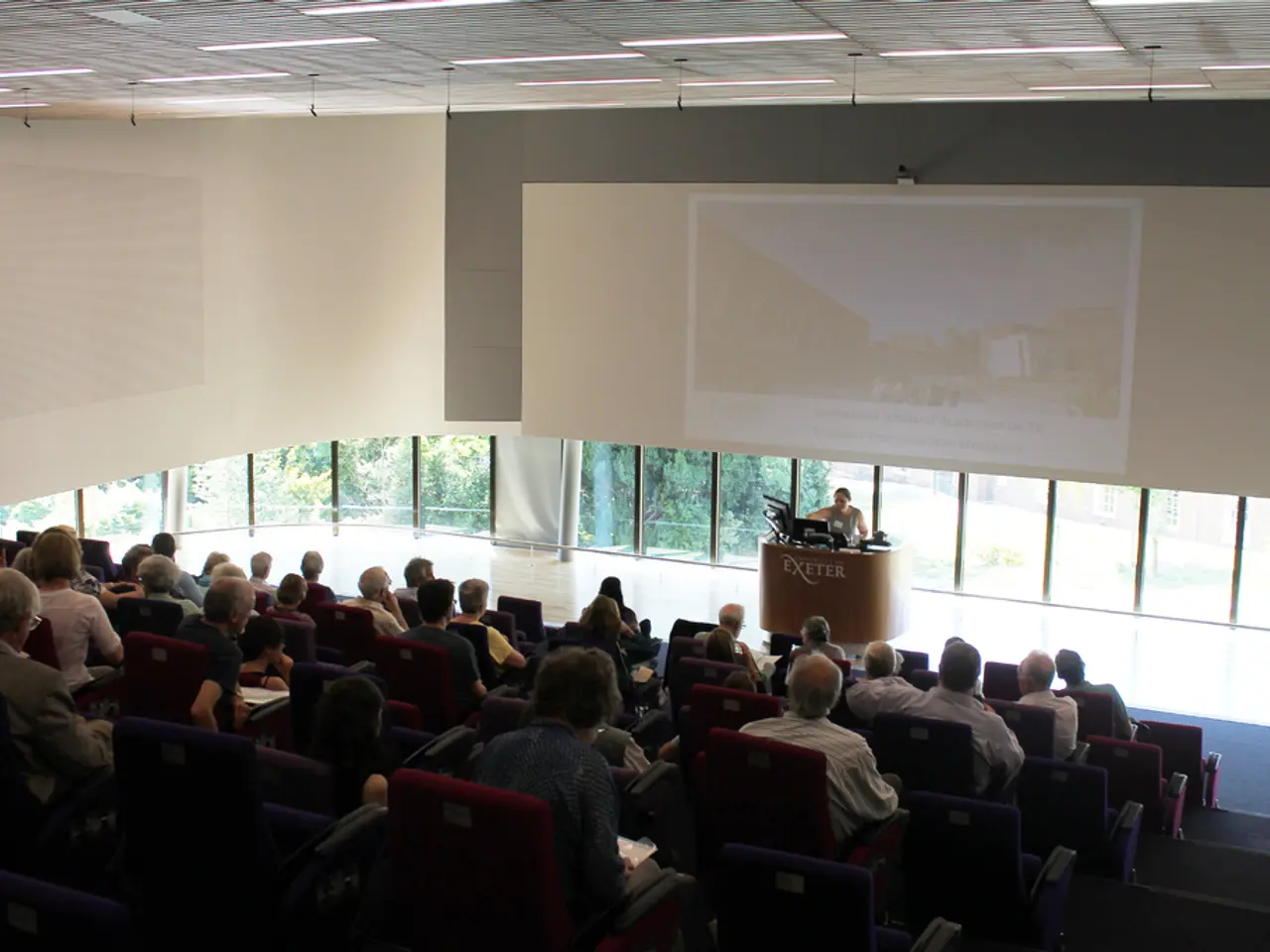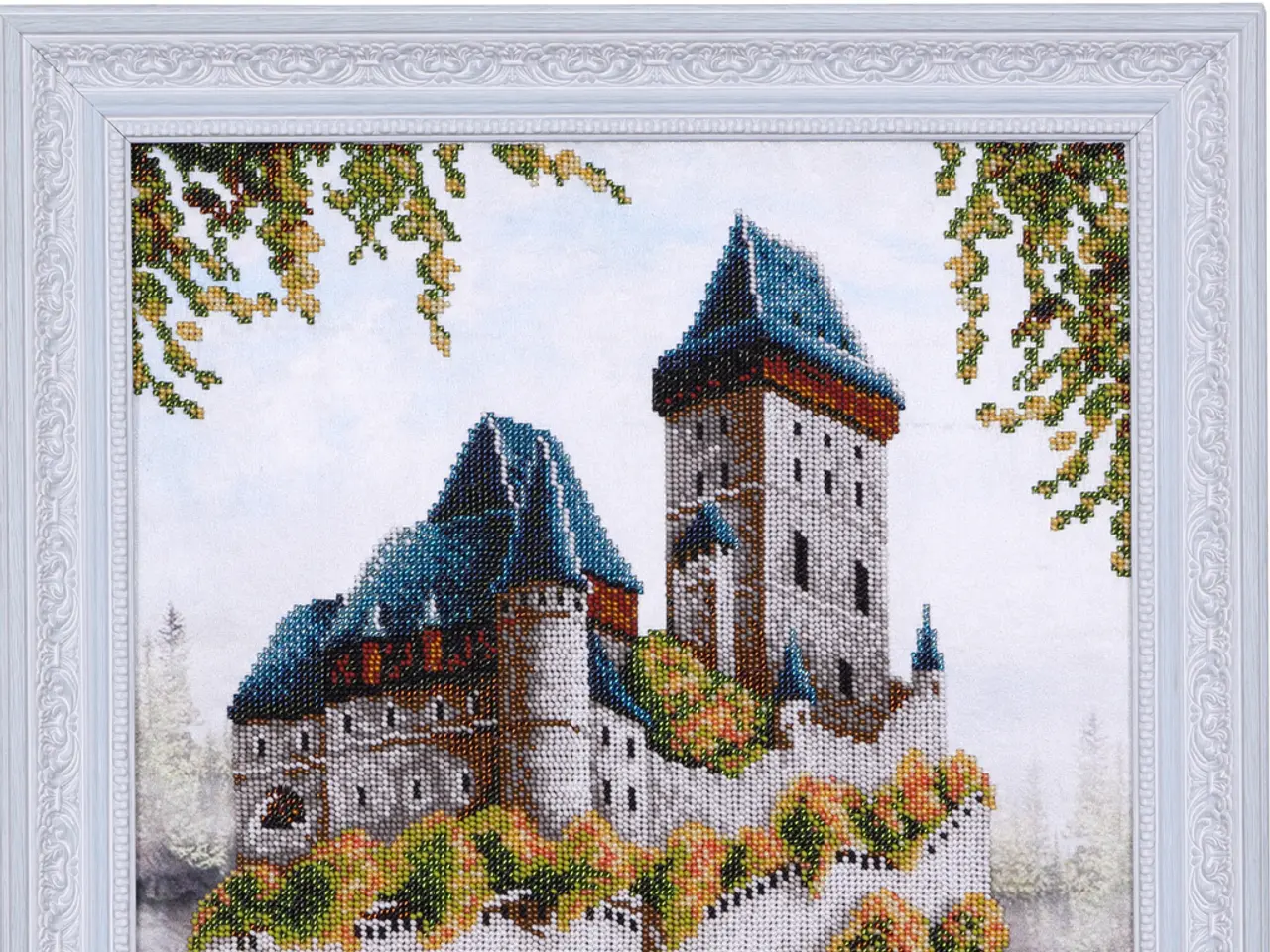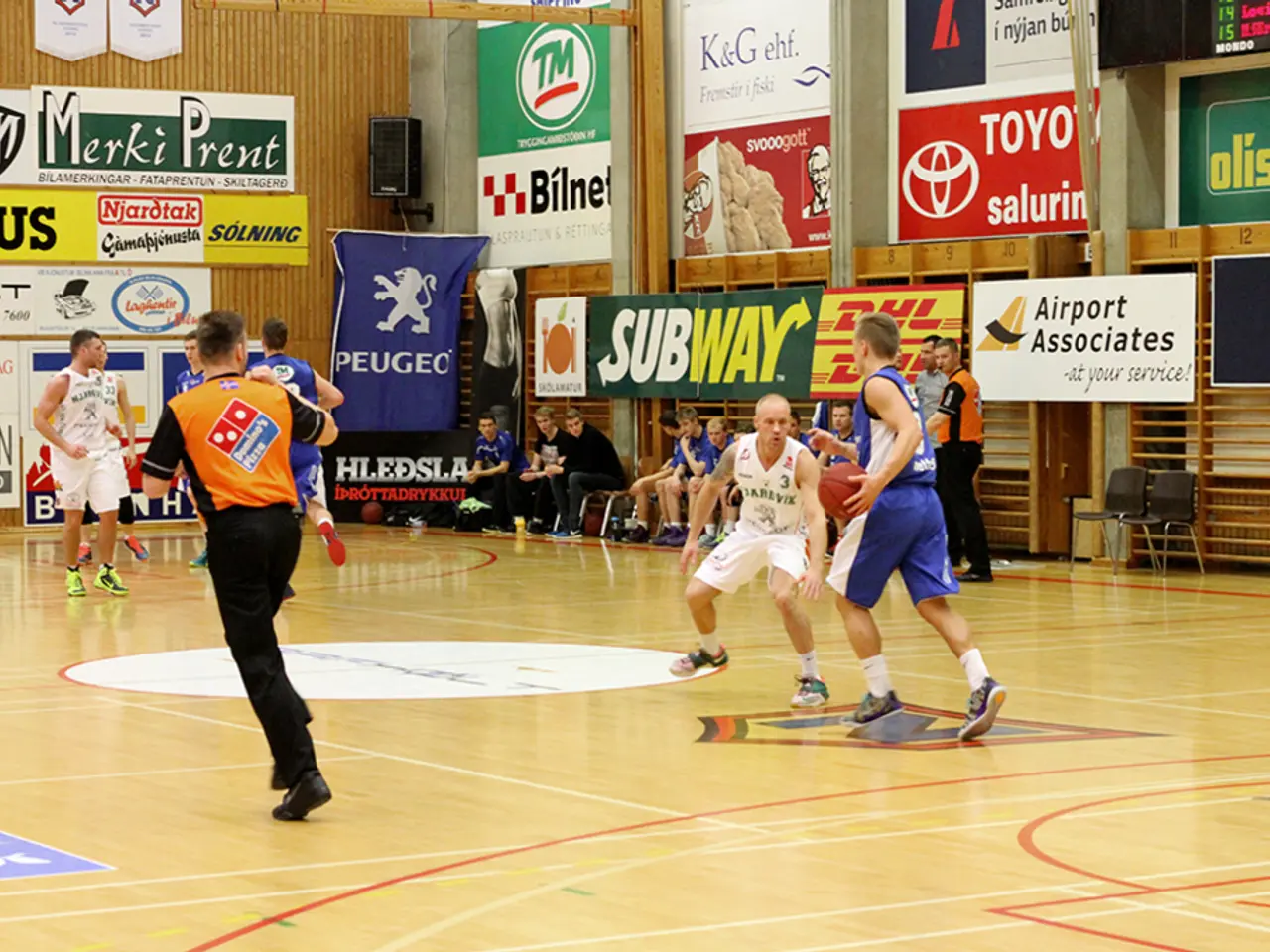Critique of Ghich Pich: Ankur Singla's Sincerity Falls Short in His First Directorial Attempt
In the realm of Indian cinema, two notable coming-of-age dramas have emerged, each offering a unique perspective on the complexities of father-son relationships. These films are "Ghich Pich" (2025) and "Udaan" (2010).
"Ghich Pich", set in 1990s Chandigarh, India, follows the intertwined stories of three middle-class Indian fathers and their sons, who have been close friends since childhood. The film delves into themes of change, rebellion, insecurities, tradition, and acceptance as the young men navigate the transition to adulthood.
The film's narrative is rich and layered, exploring the emotional turmoil underlying the relationships amid a backdrop of 1990s India’s socio-cultural shifts. Key plotlines include Gurpreet Singh, a Sikh boy whose desire to cut his sacred hair causes family conflict; Gaurav Arora, who must come to terms with his father being queer; and Anurag Bansal, who faces abuse from his traditional father pressuring him toward elite education.
In contrast, "Udaan" is set in a more contemporary environment and centres on the theme of personal freedom vs. paternal oppression. The film emphasises escaping toxic relationships and following one's dreams despite parental authoritarianism, with a more singular father-son conflict narrative.
Comparatively, both films explore father-son relationships and the challenges of growing up under strict paternal expectations but do so with different scopes and narrative styles. "Ghich Pich" provides a nuanced, multi-perspective exploration of tradition and change in Indian society of the 1990s, while "Udaan" is a more direct and personal story of rebellion and liberation.
| Aspect | Ghich Pich | Udaan | |----------------------|-----------------------------------------------|-----------------------------------------------| | Setting | 1990s Chandigarh, India | Contemporary India | | Core Plot | Three friends’ intertwined father-son stories | One boy’s escape from an abusive father | | Themes | Tradition vs. change, acceptance, rebellion, emotional turmoil, father complex | Personal freedom, escape from oppression, self-realization | | Narrative Style | Multi-strand, exploring different family dynamics | Focused, intense father-son conflict | | Cultural Context | Post-liberalization India’s changing social norms | More universal theme of abusive parental control | | Tone | Reflective, complex, emotionally layered | Gritty, raw, centered on rebellion |
Both films, with their thought-provoking narratives and compelling performances, offer a deep dive into the intricacies of father-son relationships and the challenges of growing up in Indian society. Kabir Nanda's performance as Gurpreet and Aryan Singh Rana's performance as Anurag are notable in "Ghich Pich", while "Udaan" boasts a powerful performance by Rajat Barmecha as the rebellious son. The films are a testament to the richness and diversity of Indian cinema, offering audiences a chance to reflect on the complexities of human relationships and the societal pressures that shape them.
[1] Bhattacharyya, S. (2022). Review of Ghich Pich. The Indian Express. [2] Sharma, G. A. (2022). Ghich Pich: A Review. The Hindu. [3] Singh, R. (2022). Ghich Pich: A Film Review. The Quint. [4] Sengupta, A. (2010). Udaan: A Film Review. The Hindu. [5] Chatterjee, D. (2010). Udaan: A Review. The Indian Express.
The engaging narratives of "Ghich Pich" and "Udaan" serve as testaments to the health and vitality of the Indian film industry, particularly when it comes to exploring complex issues through the lens of sports, entertainment, and societal change. The heartfelt performances in "Ghich Pich" delve into the nuances of sports, tradition, and family expectations within the context of Indian society, while "Udaan" offers a captivating portrayal of the struggle for personal freedom, linking it to the universal themes of movies and TV associated with entertainment.








